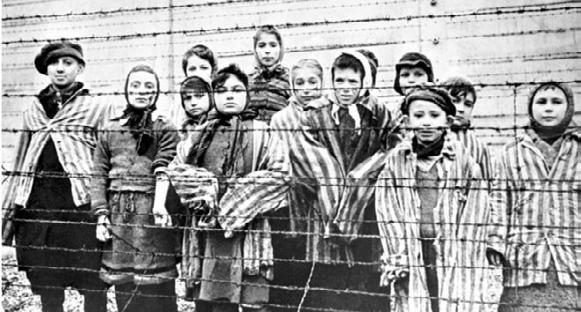
2 minute read
The Hillel Sandwich
from HaSofrim: May 2020
by AUJS
Hadassa Solomon
Undoubtedly, the best part of the seder is Hillel’s sandwich.
Advertisement
While admittedly, anything would taste good at this point in the night, ‘korech’ is definitely a personal favourite.
Despite this, I have always found this stage of the night quite void of meaning. Particularly in comparison to the profound and meaningful exegesis of maggid, Korech appears to be a mere imitation of a great sage’s eating habits. Without much more to it than that. However, a closer examination of the text this Pesach provided me with a much richer understanding of this strange custom.
“A reminder of the Temple, like Hillel. This is what Hille would do when the Temple existed: He would wrap the matzah and marror and eat them together, in order to fulfill what is stated (Numbers 9:11) ‘You should eat it upon matsot and marrorim’.”
One would assume that the verse we recite here is written in the Torah in the context of the korban Pesach. Surprisingly, this pasuk belongs in sefer Bamidbar when the Jewish people are given the mitzvah of ‘Pesach Sheni’.
Pesach Sheni, literally translated to ‘Second Pesach’, was an opportunity for all those who were unable to bring the Korban Pesach to do so a month later. In this Parsha, the Torah recounts a story of Moshe and Aharon being approached by a group of people who complained about their exclusion from the Korban Pesach due to their status of tuma’ah (impurity). Moshe responds by explaining the laws regarding Pesach Sheni. A second chance to fulfill this important mitzvah in the month of Iyar. It is in the context of this special mitzvah that the verse “you should eat it upon matsot and marrorim” is placed.
This raises an obvious question. Why did the Ba’al Hagadah (author of the Hagadah) choose to link Hillel’s custom to Pesach Sheni and not Pesach?
The Belzer Rebbe explains that the little paragraph we say before eating the Hillel sandwich is more of a prayer than a recitation. While our sederaim are filled with joy and meaning, they are always slightly tinged with sadness. A sadness that results from still being in exile and no longer being able to perform the commandments of Pesach properly in the Temple. By referring to the Pesach that is celebrated in Iyar, we are praying and holding on to hope that in just under a month we may be able perform the laws of the Korban Pesach as prescribed in the Torah. As we hold the matzah and marror in our hands, we hope that this year will be our second chance.
Chag Sameach!









